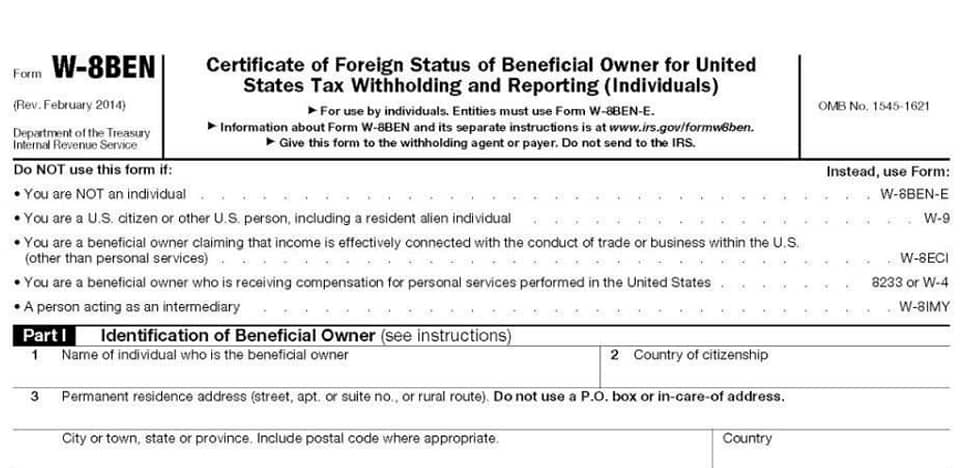In-House Vs Outsource Accounting: The Difference

Outsourced accounting firms often boast a team of professionals skilled in various financial areas. This diverse knowledge pool means that you have access to a wide range of expertise, and you may find a firm fixed assets that specializes in your industry. This benefit might unlock potential cost savings or tax strategies that a part-time bookkeeper might be unaware of.
- That option would not — unlike the other aforementioned suggestions — avoid the often lengthy and always public probate process, which is essentially a public accounting and distribution of a person’s assets.
- MyCase Accounting demonstrates the advantages of having one unified system for all of your firm’s business needs.
- Teams align with specific business goals, adapting financial strategies as needed.
- Cooking at home gives you complete control over every detail, but it takes a lot of time and effort.
- With this knowledge, you can decide which type of operation is most cost effective or if you would like to pursue internal or external accounting roles.
- Students who possess an undergraduate degree in accounting can complete the M.S.
First, let’s look at the difference between In-house and Outsourced Accounting

External providers often have access to advanced technologies and Law Firm Accounts Receivable Management a broader skill set. They handle tasks like payroll, tax preparation, and financial reporting with high efficiency. This model risks delays in communication and less control over specific processes but benefits businesses lacking accounting expertise. In-house accounting refers to a company managing its financial records with its own employees. This means accountants directly hired by the company handle tasks like bookkeeping, generating reports, and tax preparation. In essence, it’s the traditional way of handling a company’s finances, with the accounting team working internally rather than relying on an external firm.
- The decision between whether to use outsourced accounting services, do it yourself, or hire someone to handle it in-house can be a challenge.
- In contrast, businesses with skilled accountants already in place may opt for in-house accounting to leverage their internal capabilities.
- The objective of the Master of Science in Accounting, a STEM designated program, is to provide a broad-based background in business and depth and breadth in accounting.
- While hiring an in-house or part-time bookkeeper can seem like a cost-effective solution, there are several challenges and potential drawbacks you should be aware of before making this decision.
- But the team occasionally gets involved with other departments to take on accounting duties.
Tips for Successfully Selling Your Business in Canada
Outsourcing also allows you to easily scale your accounting needs as your business changes. But you may also have to contend with the challenges of working with a in house accounting vs outsourcing person who isn’t in your office and who supports multiple businesses—and who may not even be located in your time zone. You’ll also have to accept the possibility of less control over your financial data. By choosing a firm, you will have peace of mind in knowing you can choose a service package that suits your needs without having to worry about setting salaries, monitoring the staff, or paying payroll taxes. Since the firm wants to keep a good reputation, you know that the accountants will be highly educated and experienced without having to recruit or offer good employee benefits. Simply pay a fee for the service and you can put your focus on other operations that contribute to organizational growth.
The combined approach with Accounting software

Add to that the training, certifications, and technology they invest in for their accounting team. Accountants and bookkeepers must keep up with the latest industry procedures and accounting skills. If the accounting capabilities of your few employees are limited, problems with work quality can arise. Before you decide, assess how often you need accounting functions to be done and your company’s needs. The number of financial transactions processed in a week or month and the size of your company will likewise be essential considerations in terms of cost efficiency.


Ideally, you would like the candidates to require minimal training and be able to do their job well from the get go. Even experienced accountants will need time to be onboarded to existing systems and processes so hiring someone who will need minimal supervision and catches on quickly is a priority. Now that you’ve learned more about the differences between outsourced and in-house bookkeeping and accounting, what to do next is up to you. Your accounting operations can scale as your business expands through the years.

While outsourcing offers cost-effectiveness, expertise, and scalability, in-house accounting provides control, customization, and enhanced communication. Businesses should carefully evaluate these factors and choose the option that best aligns with their goals and resources. Additionally, businesses can also consider a hybrid approach that combines elements of both outsourcing and in-house accounting to achieve the best of both worlds.
